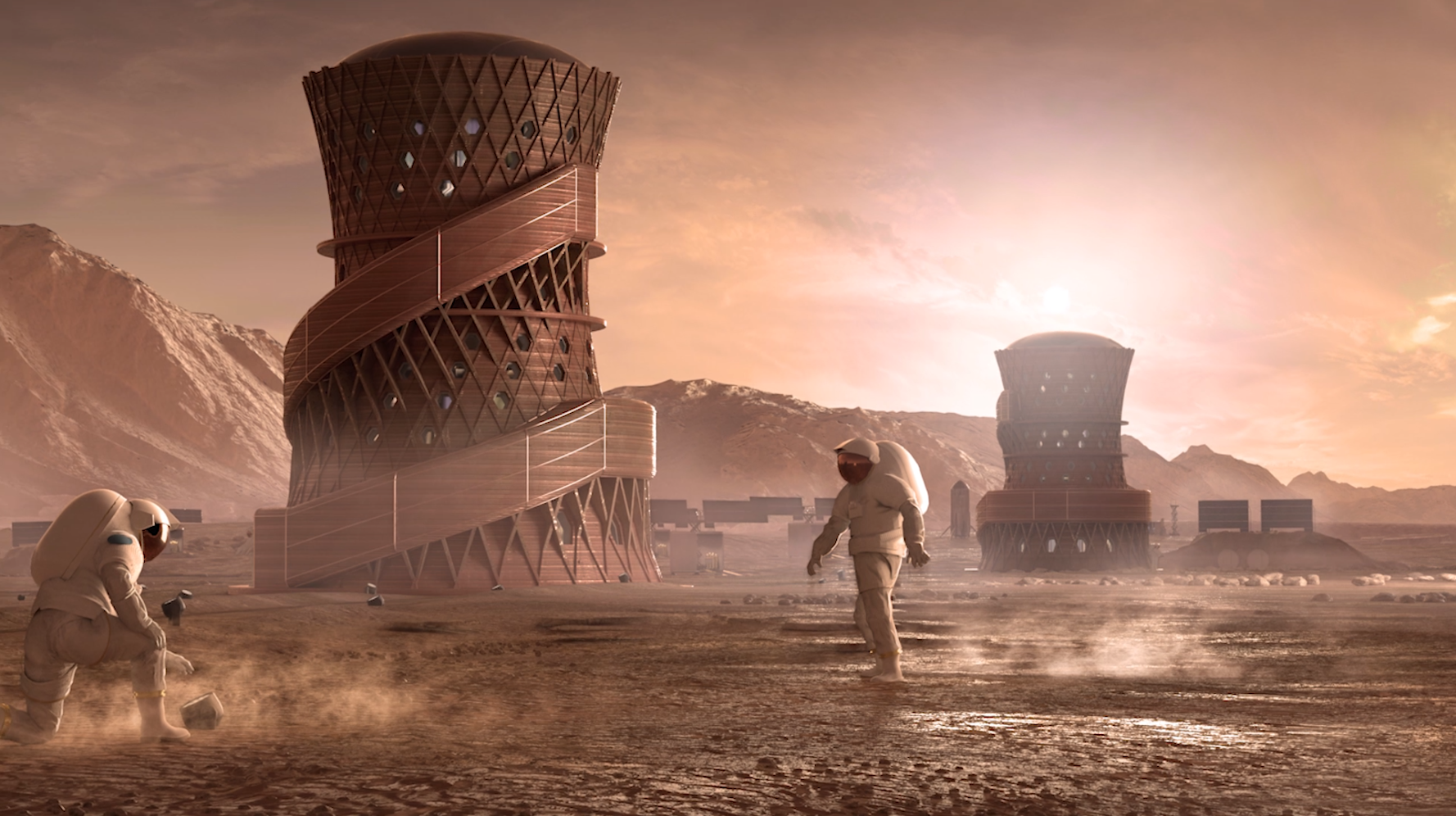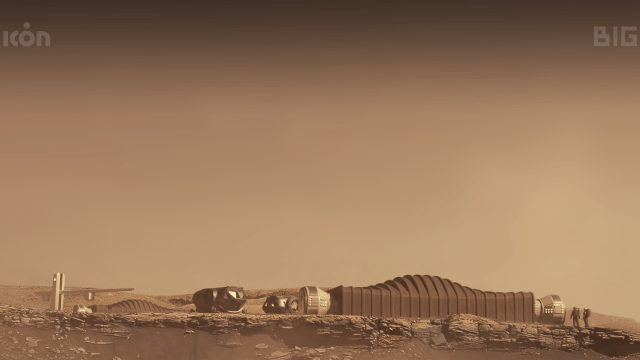NASA is preparing to run long-duration, ground-based simulations that will closely approximate an actual mission to the Red Planet. The space agency is now accepting applications for participation — but have you got the right stuff?
The upcoming Artemis lunar program is a stepping stone for the more ambitious goal of sending people to Mars. The current plan could see American boots on the Red Planet in just 12 years, and preparations for this wildly historic mission have already begun.
Humans have never made the journey to Mars, of course, making it difficult to predict some of the challenges that might arise during a mission. Simulations, while not perfect, can help in this regard. To that end, NASA will be running the Crew Health and Performance Exploration Analogue, or CHAPEA, in order to “develop methods and technologies to prevent and resolve potential problems on future human spaceflight missions to the Moon and Mars,” as the space agency noted in a press release.

NASA is now accepting applications for participation, and its press release very much reads like a conventional job ad. But this position would be far from ordinary. The space agency is looking for “highly motivated individuals” to participate in one of three long-duration, ground-based simulations planned in the coming years, the first of which could start in late 2022.
Four crew members will participate in each simulation, and they’ll work in an isolated habitat called Mars Dune Alpha. Based at NASA’s Johnson Space Centre in Texas, the 3D-printed, 150 square-metre habitat will feature private rooms, a kitchen, two bathrooms, a medical area, and dedicated spaces for working (including a place to grow crops), exercising, and just hanging out.
But this won’t be a year-long vacation, as the crew will have to fend for themselves under some stressful conditions. To simulate the business of journeying to and working on Mars, the crew will have to deal with limited access to resources, busted equipment, a communications lag with Earth, intense workloads, and environmental stressors meant to mimic life on Mars. They’ll also be put to work, performing routine tasks, doing simulated spacewalks, running scientific experiments, testing out virtual reality equipment, and remotely controlling robotic devices.
As this is happening, the crew will be monitored for their performance and also their physical and behavioural health. By going through these motions, NASA hopes to spot unforeseen gaps and challenges and then find the requisite solutions. That said, a simulation won’t capture all the details and risks of an actual mission. The crew won’t be exposed to excessive radiation, nor will they have to endure low-gravity conditions, among other dangers, both predicted and unforeseen.
Needless to say, NASA’s going to be picky about who it selects for the CHAPEA simulations, as it will adhere to its standard criteria for choosing astronauts. The space agency is seeking “healthy, motivated U.S. citizens or permanent residents who are non-smokers, age 30 to 55 years old, and proficient in English for effective communication between crew and mission control.”
Sorry smokers, you don’t get to go to fake Mars, but as NASA writes at the CHAPEA application page, the selection process is stringent:
Finalists will undergo medical evaluations, psychological testing, and psychiatric screening to determine suitability for a physically and mentally demanding long-duration isolation mission. All exams and their associated expenses will be arranged and paid for through NASA. Candidates will not be selected if they have any food allergies, avoidances, or gastrointestinal disorders, as these cannot be accommodated on a long-duration mission. Candidates must be willing to provide requested biological samples on required days and must eat the spaceflight-like diet provided during the mission. Candidates must not be prone to motion sickness with virtual reality equipment. Candidates on specific medications will be disqualified: Examples- blood pressure medications, blood thinners, seizure medications, daily allergy medications, diabetic insulin daily, sleeping aids, ADHD/ADD medications, antidepressants, anxiety medications. Food supplements will not be permitted during the mission. Vitamin D is provided during the missions. All other vitamins are available in the spaceflight food system and added vitamins are not permitted. Candidates will be required to have a COVID-19 vaccine and show proof of full vaccination. Candidates will be required to get their own COVID-19 PCR test and show proof of a negative test. Participants will be required to follow COVID-19 Risk mitigation protocols current to the JSC campus upon visiting.
Participants also need to have a master’s degree in a STEM field and two years worth of professional STEM experience, or 1,000 hours piloting experience.
These faux-astronauts will be compensated for their efforts, but specifics were not provided. The application process opened on August 6, 2021 and will close September 17, 2021. You can apply here, where you’ll find the rest of the job requirements.
To those applying, best of luck! As for those of you hoping to be among the first colonists to permanently settle on Mars, that’ll probably never happen unless you agree to some serious bodily modifications and augmentations. Simply put, humans are not built for the Red Planet.
